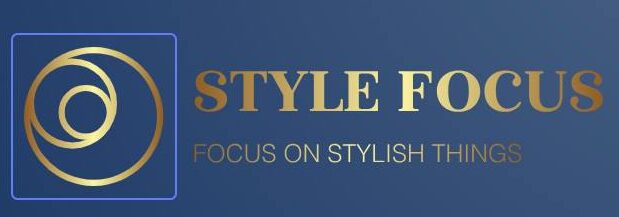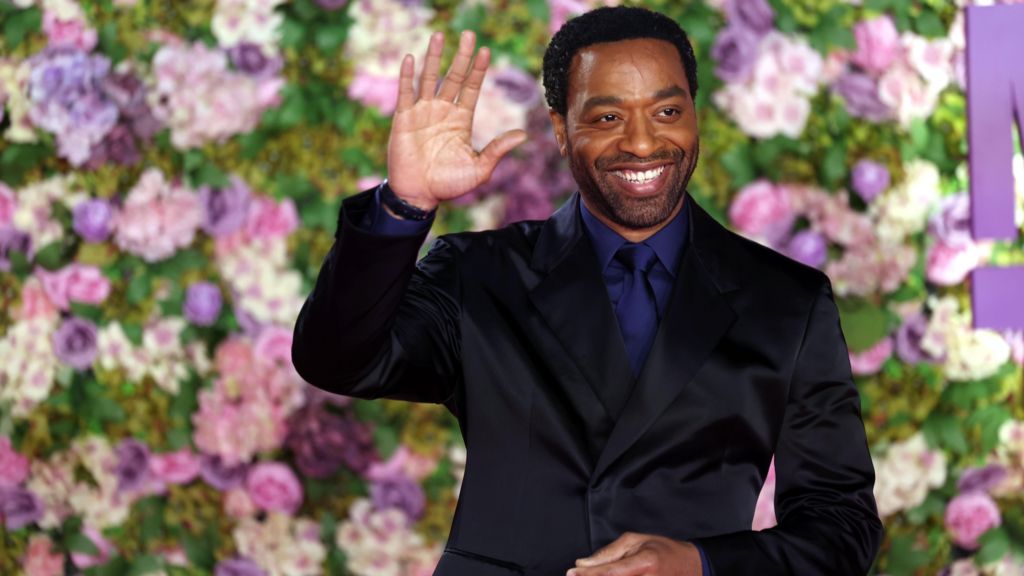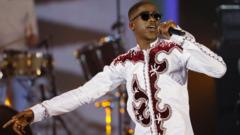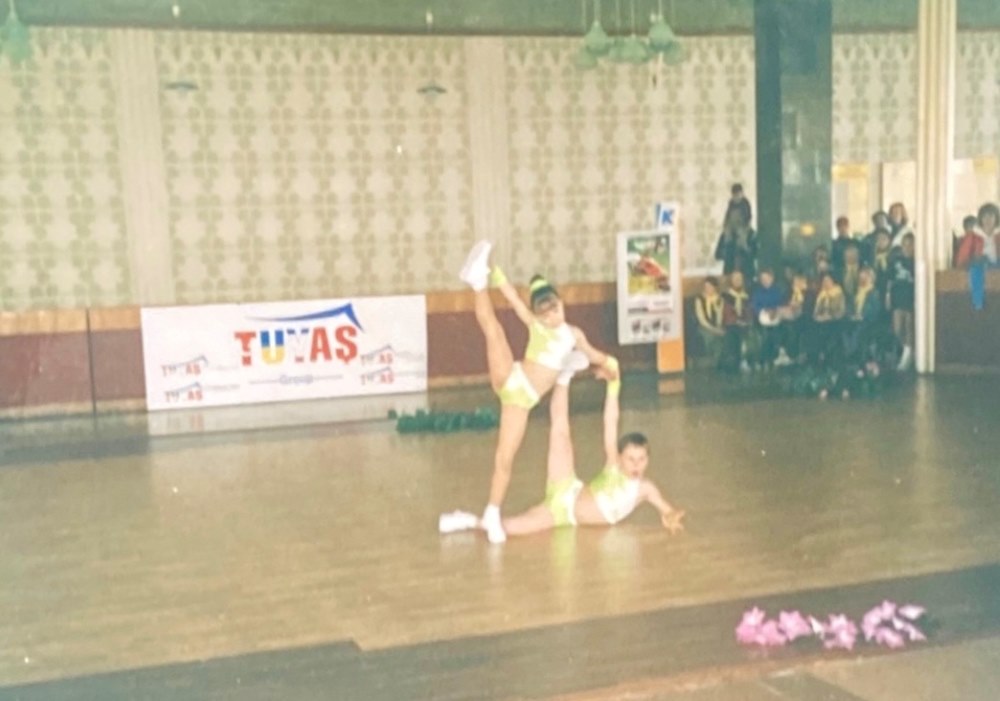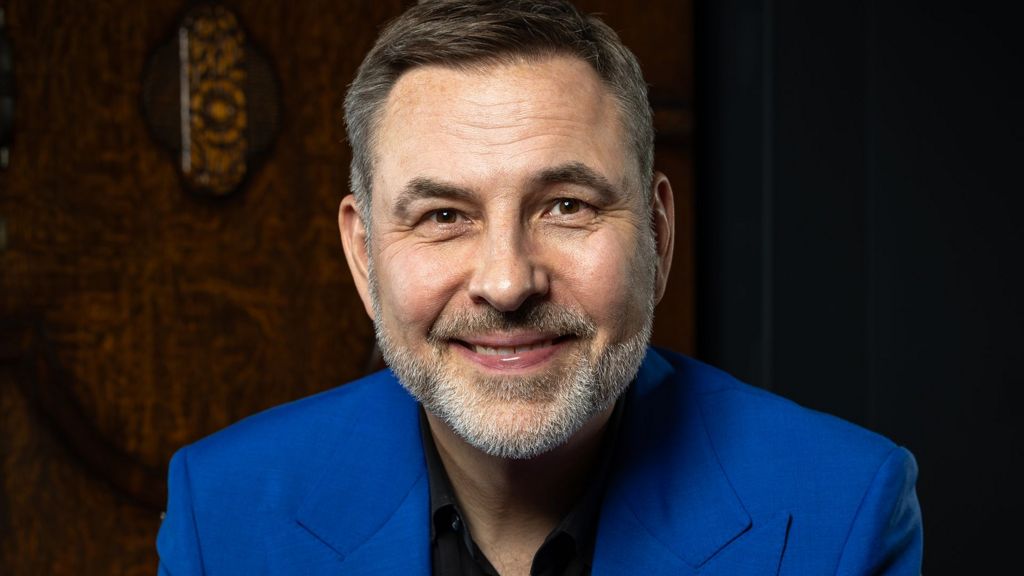
On Saturday, JJ lifted the glass microphone trophy as the champion of Eurovision 2025. There’s been very little time to rest since for the Austrian team as they begin preparing for next year’s event.
The “Wasted Love” singer has shared some suggestions of his own on how he would like the contest to change next year — specifically, that Israel should not be there.
JJ: “It’s very disappointing to see Israel still participating”
During Eurovision itself, all contestant’s were required to sign the code of conduct that prohibited them from speaking poorly about any of the other competing nations — to uphold the unifying spirit of the contest.
Now that the final confetti has fallen, JJ — full name Johannes Pietsch — has told Spanish newspaper El País some of his more candid thoughts.
“It’s very disappointing to see Israel still participating in the competition,” he said.
“I would like Eurovision to be held in Vienna next year, without Israel. But the ball is in the EBU’s court. We, the artists, can only speak out on the matter.”
The Austrian opera singer’s comments align with those of Switzerland’s 2024 winner Nemo. They have also previously supported calls for Israel to be excluded from the contest over the nation’s actions in Gaza, where more than 53,000 people have been killed since October 2023.
Dozens of other past Eurovision participants signed an open letter to the EBU ahead of the 2025 event, calling on Eurovision organisers to remove Israel from the contest. Later additions to the list — including Spain’s Blanca Paloma and Australia’s Montaigne — saw the number of signatories reach 78. The artists note that “by continuing to platform the representation of the Israeli state, the EBU is normalising and whitewashing its crimes”.
Multiple international organisations have accused Israel of committing war crimes and acts of genocide during the fighting, which began after Hamas carried out an attack in southern Israel.
Austria claimed the Eurovision 2025 trophy in a nail-biting finale with Israel.
The latter’s victory in the public televote has raised concerns amongst several participating countries over the fairness of the current system.
During his conversation with El País, JJ added his voice to the growing list of those troubled with how things are currently run:
“[Eurovision] needs to make changes to the voting system,” the singer notes.
“There should be greater transparency regarding the televoting. This year, everything was very strange about it.”
The broadcasters in Spain, Iceland, Belgium, Finland, and Ireland have all either requested audits into their nation’s televoting and/or queried the present voting methods — particularly that allowing viewers to cast up to 20 votes creates room for coordinated campaigns and political influence, distancing Eurovision from its cultural and artistic focus.
An investigation by the EBU’s independent fact-checking network, Spotlight, showed how a government-linked Israeli agency orchestrated such a digital ad campaign to increase votes for Israel’s entry in this year’s contest.
“I tried to sneak a Pride flag in during the final”
As a member of the LGBTQ+ community, JJ aims to use his newfound notoriety to stand up for queer rights:
“I’m going to seize the opportunity and use this huge platform like Eurovision to stand up for rights for the entire queer community and to ensure we have more equality. There’s still a huge stigma surrounding us, and unfortunately, Europe is becoming increasingly conservative, taking steps backward. It’s very, very disappointing, and something needs to be done about it.”
We very nearly saw this support in action at the Eurovision 2025 grand final.
A big story this year was the change in flag policy that prohibited contestants from carrying any flag that wasn’t the one of their country — including Pride flags.
Pietsch attempted to battle this regression of flag acceptance in Basel:
“Although it comforted me to know the audience could do so, I tried to sneak a flag in during the final. But they caught me. I had it in my pants pocket, and someone from the organisation saw what I was carrying. Just before going on stage, they told me: ‘That’s not your country’s flag, you can’t take it out.’ I almost succeeded.”
Born into an Austrian-Filipina household, JJ is the first Eurovision winner of Asian descent.
After spending a happy childhood in Dubai, the family later returned to Vienna. This allowed him to watch Eurovision for the first time and fully embrace his queerness:
“It wasn’t until we moved back to Vienna that I was able to compare and realise what it was really like to live more freely as a queer person.”
Austria’s 2014 winner, Conchita Wurst, has long been a role model to JJ. As has 2024 champion Nemo:
“Both have broken codes, as Nemo’s song says. The fact that during the semi-finals I was compared to two people who had won Eurovision always seemed like a good sign to me.
“Although, I’m not as similar to Nemo as they say. My song is classical music with some modern elements, and theirs is a modern song with some classical elements.”
